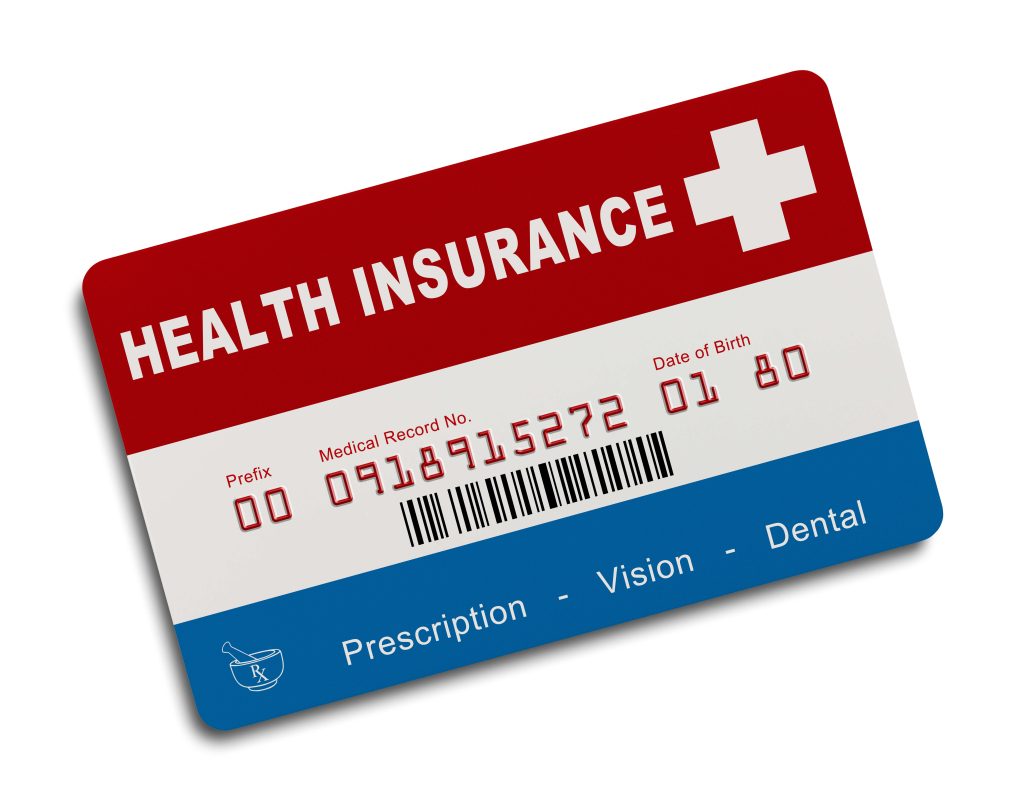5 Most Common Health Insurance Types
The Mental Health Parity and Addiction Equity Act was passed in 2008. It requires insurance companies to provide the same amount of treatment for mental health and substance abuse as medical and surgical care. Health insurance is crucial in managing healthcare costs and accessing medical services. Two common types of health insurance plans in the United States are PPO (Preferred Provider Organization) and HMO (Health Maintenance Organization). Additionally, there are other insurance types and variations that offer different levels of flexibility and cost management. Let’s explore the key differences between PPO and HMO plans and discuss other insurance types.

PPO (Preferred Provider Organization):
Network Flexibility:
- PPO plans offer a broader network of healthcare providers. You can typically see specialists and healthcare professionals without referrals from primary care physicians (PCPs).
- You have the flexibility to see both in-network and out-of-network providers. However, your out-of-pocket costs are generally lower when you use in-network providers.
Referrals Not Required:
- PPOs typically do not require you to choose a primary care physician (PCP) or obtain referrals to see specialists.
Cost Structure:
- PPO plans often come with higher monthly premiums but offer lower deductibles and co-payments for in-network services.
- Out-of-network services may result in higher deductibles, co-pays, and co-insurance costs.
Out-of-Pocket Costs:
- PPO plans may have a broader range of cost-sharing options, such as co-pays and co-insurance for services, both in-network and out-of-network.
Prior Authorization:
- PPO plans may require prior authorization for certain services, especially for out-of-network care.
HMO (Health Maintenance Organization):
Network Restrictions:
- HMO plans have a more limited network of healthcare providers. You must typically choose a primary care physician (PCP) from the network.
- Except in emergencies, HMO plans often do not cover out-of-network care, except in specific circumstances.
Referrals Required:
- You must obtain referrals from your PCP to see specialists within the network.
Cost Structure:
- HMO plans usually have lower monthly premiums compared to PPO plans. However, they often come with higher deductibles and co-payments for in-network services.
- HMOs usually do not cover out-of-network care, except in emergencies.
Out-of-Pocket Costs:
- HMOs typically have fixed co-pays for most covered services, making it easier to predict costs.
Prior Authorization:
- HMOs often require prior authorization for certain procedures and services, both within and outside the network.
Other Insurance Types:
Beyond PPOs and HMOs, there are several other insurance types and variations, including:
EPO (Exclusive Provider Organization):
- Similar to PPOs but with a more limited network. EPOs do not cover out-of-network care except in emergencies.
POS (Point of Service):
- Combines features of both HMO and PPO plans. You have a primary care physician (PCP), need referrals for specialists but can also see out-of-network providers at a higher cost.
High-Deductible Health Plans (HDHPs):
- These plans often have lower premiums but higher deductibles. They are typically paired with Health Savings Accounts (HSAs) for tax advantages.
Catastrophic Health Insurance:
- Designed for young, healthy individuals. It offers low premiums and covers essential health benefits after a high deductible is met.
Medicare and Medicaid:
- Government-sponsored programs that provide health insurance for specific populations. Medicare is primarily for seniors, while Medicaid serves low-income individuals and families.
Choosing the right health insurance plan depends on your individual needs, including your budget, healthcare preferences, and the availability of plans in your area. It’s essential to carefully review plan details, including network coverage, cost-sharing arrangements, and any restrictions, before making a decision.
Conclusion
Located in the heart of Los Angeles, Lifescape Recovery offers individualized treatment for people seeking comprehensive services that encompass mental illness and/or co-occurring addiction.
We accept most PPO and some HMO Health insurance plans. Please contact us to verify your insurance or fill out the contact form on our website.
We understand that not everyone has insurance or insurance that covers only a portion of mental health or addiction treatment. Self-funding or financing is a common way to pay for mental health or substance abuse treatment. There are thousands of financing options available. Questions about coverage? Contact us via phone, live chat, or contact form. We will be happy to assist!


Lifescape recovery is a top-rated mental health & addiction treatment сenter in Los Angeles, California. At Lifescape recovery, we offer services to treat primarily mental health and simultaneously work on the client’s co-occurring disorders until the signs and symptoms of substance dependence are in remission. Lifescape recovery is ready to provide both, in-person and virtual care (telehealth services) to expand access to essential health services and meet the health needs of our patients. Start your treatment with Lifescape recovery today!
Published: June 01, 2021
Last Updated: November 07, 2023

Published: February 20, 2026
IOP Program for Depression
Summary: Depression is one of the most common mental health conditions in the United States, affecting an estimated 21 million adults each year. It causes persistent changes in mood, energy, motivation, sleep, and concentration that interfere with daily functioning, work, and relationships. IOP program for depression provides structured, evidence-based treatment — including individual therapy, group […]
Read more
Published: February 05, 2026
Intensive Outpatient Program for Anxiety
Summary: Anxiety disorders are the most common mental health conditions in the United States, affecting an estimated 40 million adults each year according to the National Institute of Mental Health. While temporary anxiety is a normal response to stress, anxiety disorders involve persistent, excessive worry and fear that interfere with daily functioning, relationships, and quality […]
Read more
Published: January 26, 2026
OCD vs. Autism: Understanding the Differences
Obsessive-compulsive disorder (OCD) and autism spectrum disorder (ASD) are often confused with one another. Both can involve repetitive behaviors, rigid routines, sensory sensitivities, and distress when things feel “off.” From the outside, the overlap can look striking. But in clinical treatment, the why behind those behaviors matters just as much as the behaviors themselves. At […]
Read more
